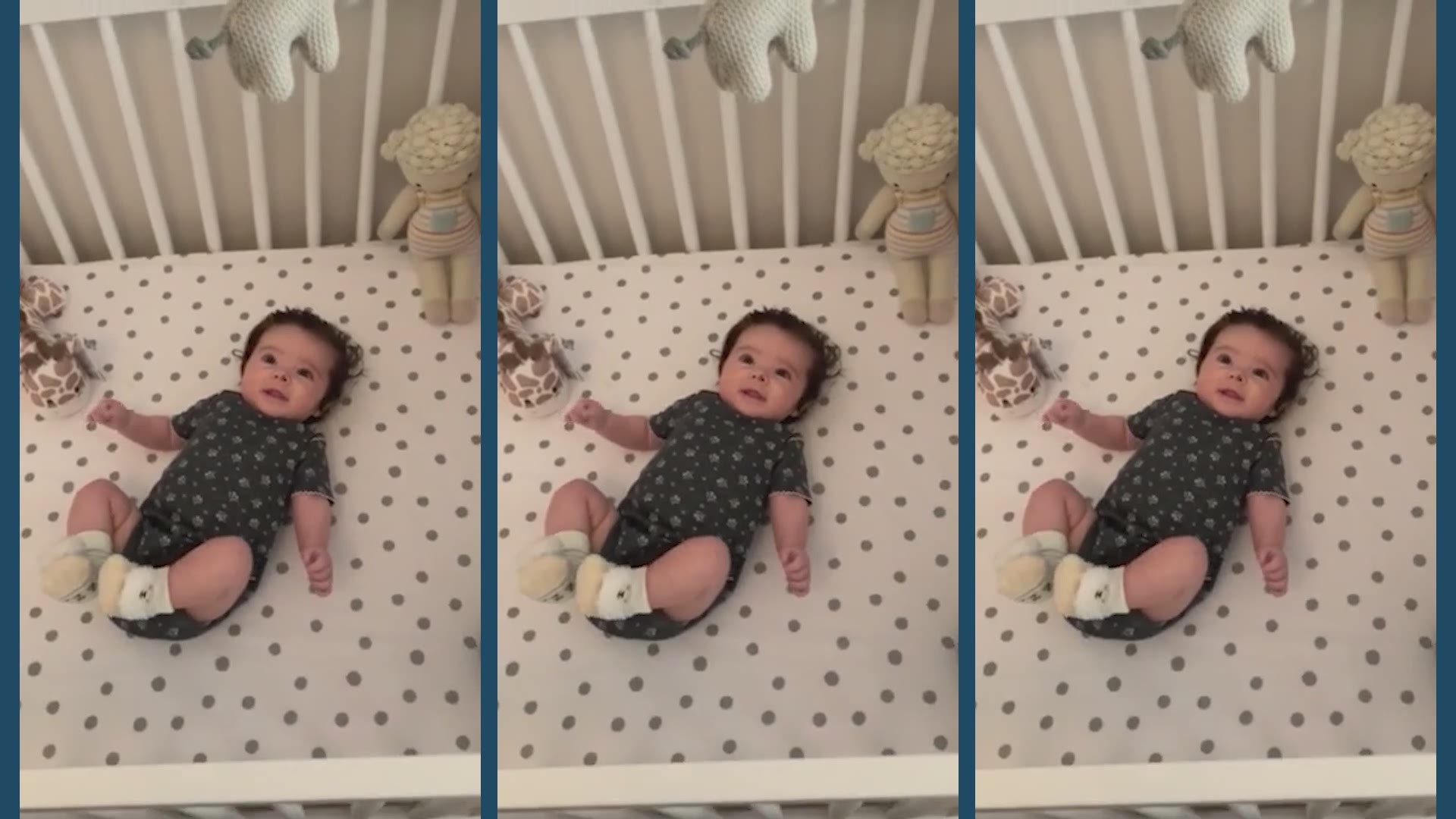WASHINGTON — Jessica Crosby does not take holding her newborn daughter Avery for granted. That’s because, after giving birth at home, mother and daughter were separated for Avery's first four days of life.
"My blood pressure still was just going up and up and was not going down and I was experiencing some swelling in my feet and legs," Crosby said.
Crosby’s husband and her midwife took her to George Washington University Hospital for potentially life-threatening preeclampsia. At the hospital, she learned she’d had to leave everyone behind.
"Once I was there, then they said, 'No, you'll not be allowed to have any visitors,' and so that was a bit devastating. You know, being at the hospital all by myself, not knowing how long I would be there or, you know, when I would see my baby or my husband," Crosby said.
GWU Hospital, like most others in the D.C. metro area, has posted visitor restrictions to prevent the possible spread of COVID-19.
In a statement to WUSA9, the hospital pointed out it allows two visitors during labor and delivery, but it requires “pre-approval – something the Crosby’s didn’t have when they rushed to the hospital.
"We temporarily restricted visitors except in certain exceptions, including allowing one support person in Labor and Delivery and post-partum," GWU Hospital's statement read. "To seek exception, you would call [our] number and gain exception from the incident commander.”

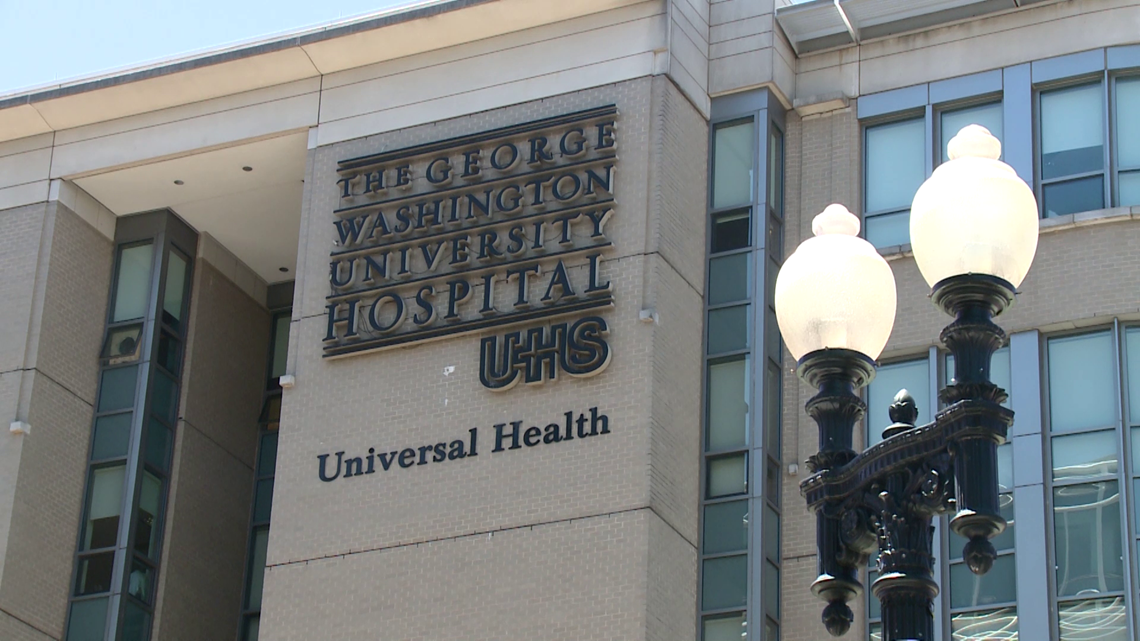
Other local hospitals WUSA9 checked have similar policies. They are listed at the end of this article.
After Shawn Dixon gave birth to a son in February, she quickly felt something was wrong:
"Blood pressure was just ridiculously high, hands, feet were swollen. I had problems walking. [I was] dizzy," Dixon said.
Dixon found it too difficult to get a doctor to do a physical examination during the pandemic. That’s because medical practices are pushing telemedicine video doctor’s visits in an effort to reduce foot traffic to clinics.

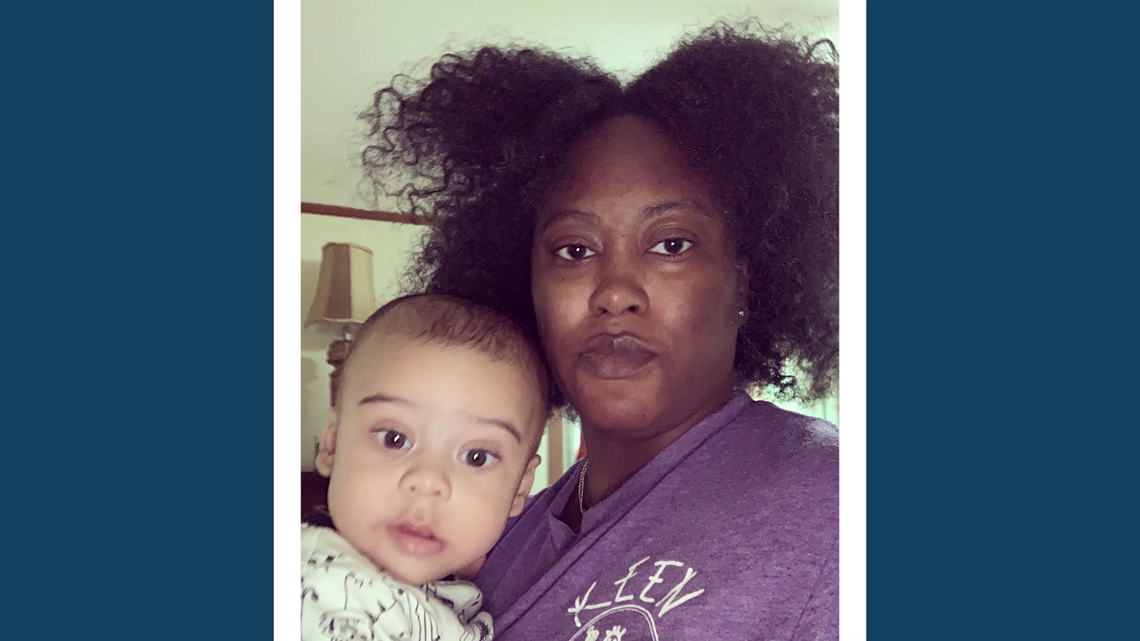
"I tried several times to schedule with the same practice. But everything wanted to be through telemedicine," said Dixon.
Patricia Liggins owns Birth Supporters United, a group of professional birthing supporters known as doulas based in Prince George’s County. Liggins is working to open a birth center independent from a hospital in that county after realizing one doesn't exist. Mothers who hired her company are also experiencing post-birth challenges getting access to doctors.
"If they do go back, it's a lot harder to get an appointment. Yes, because they want to do telemedicine, they want to be on a phone call, or they need to do a Zoom call first. And it's really, really difficult. Of course, I'm sure you know, to assess a baby, a newborn baby or a mom fresh out of L&D [labor and delivery}, or wherever they were, if they can't use hands," explained Liggins.

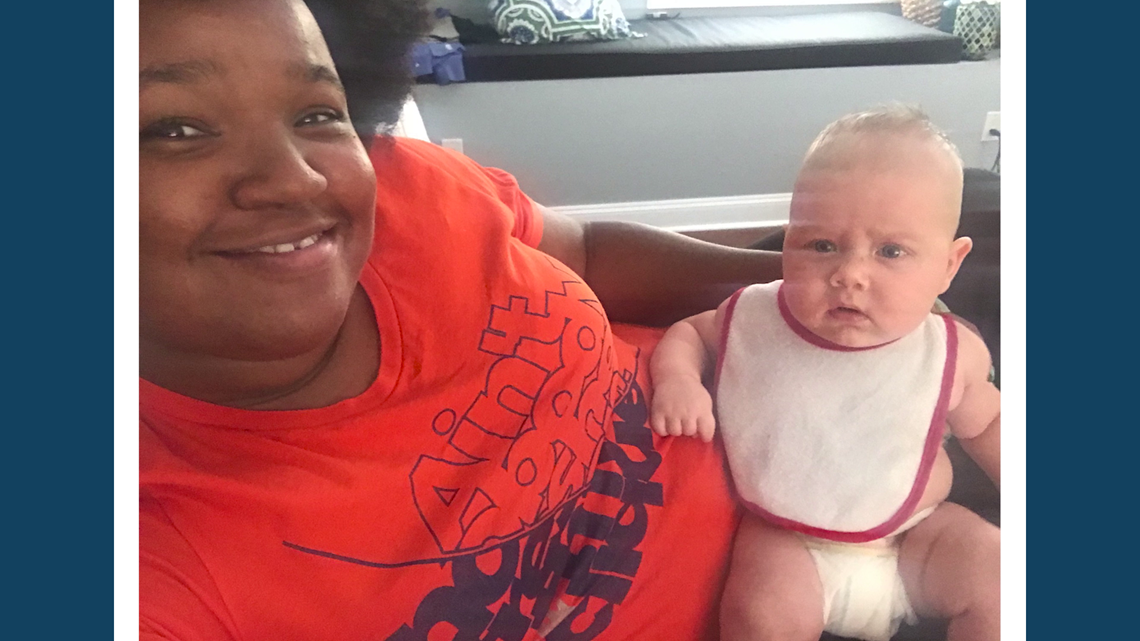
The American Association of Birth Centers encourages its providers moving women to telemedicine appointments: “Providers need to listen to women because they know what’s going on with their bodies.”
Due to a tongue tie and lack of early lactation consultant help, Jessica Crosby’s daughter was delayed more than a month in latching on to breastfeeding. Crosby believes it was because of their four day separation at the beginning of her daughter’s life – four days that filled this new mother with worries.
"Are we gonna be able to pick up where we left off with breastfeeding? And so, yeah, it was a really, really tough few days in the hospital just to be by myself and not know, you know, [worry] is she going to know who I am?" Crosby said.

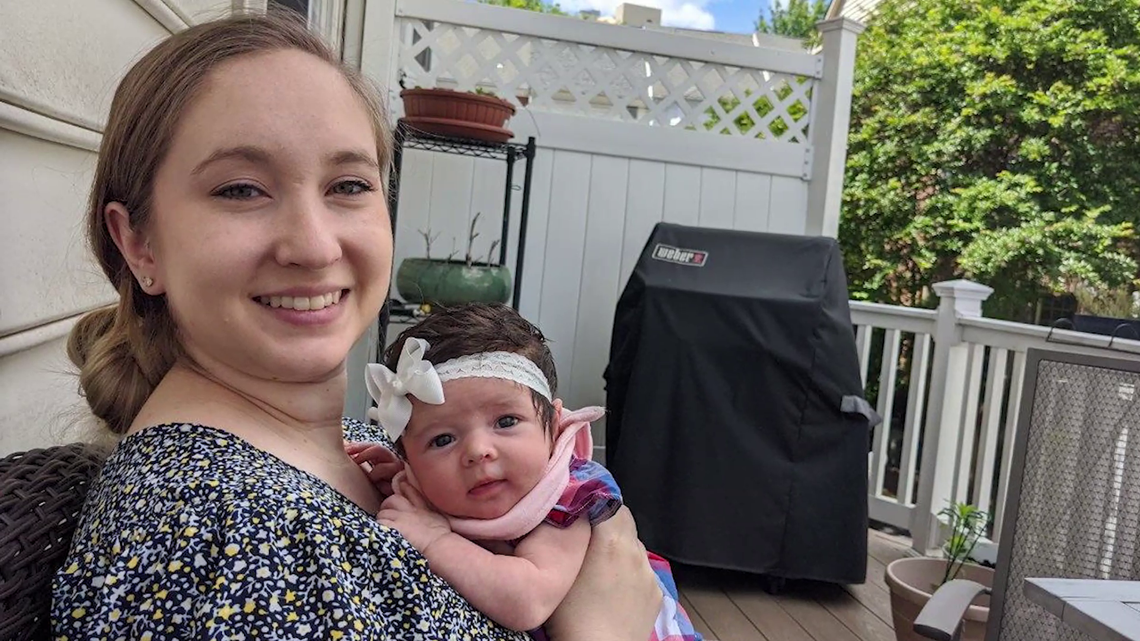
The following are birth centers in the D.C. metro area not connected to a hospital. Due to less foot traffic, birth centers typically have more open family and birth assistant visitation policies, while still maintaining COVID-19 protection measures by staff, according to the American Association of Birth Centers:
- DC Family Health and Birth Center, Washington DC
- Premier Birth Center, Chantilly, VA, Winchester, VA
- BirthCare, Alexandria, VA
- Frederick Birth Center, Frederick, MD
As for after birth, here are links to many of the local hospital visitation policies – including how to get pre-approval for your family:

